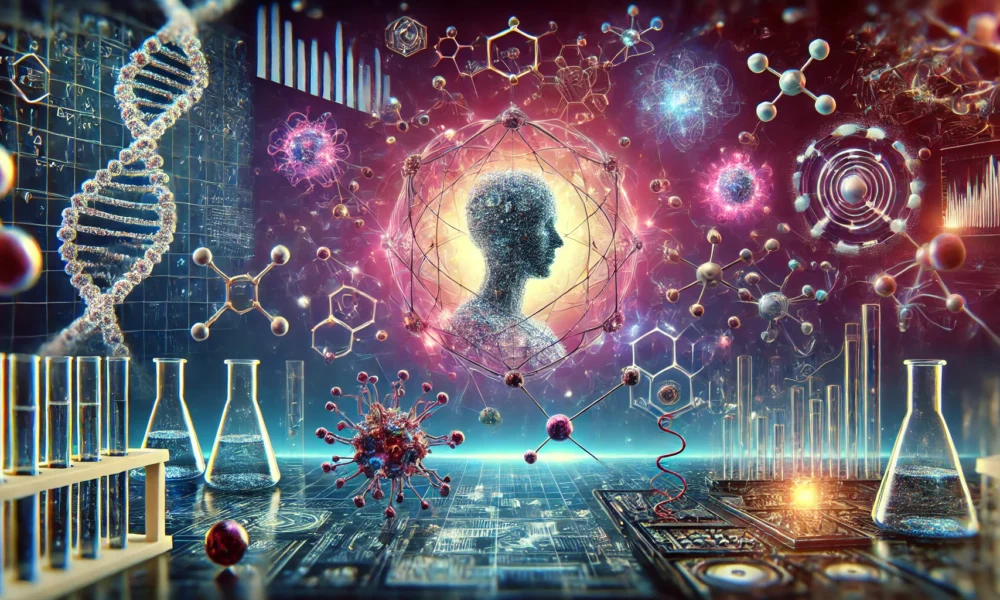The Nobel Prizes 2024: AI Researchers Honored in Physics and Chemistry
The recent announcement of the 2024 Nobel Prizes has stunned many, as AI researchers have been recognized in both Physics and Chemistry. Geoffrey Hinton and John J. Hopfield were awarded the Nobel Prize in Physics for their foundational work on neural networks, while Demis Hassabis and his colleagues John Jumper and David Baker received the Chemistry prize for their groundbreaking AI tool that predicts protein structures.
The Ingenious Work Behind the Nobel Prize in Physics
The core of modern AI is built on neural networks, mathematical models inspired by the human brain’s structure and function. Hinton and Hopfield have significantly contributed to shaping these networks by incorporating principles from physics.
The Journey to the Nobel Prize in Chemistry
Demis Hassabis, on the other hand, applied AI advancements to the intricate field of protein folding, using his AI-powered tool, AlphaFold, to predict protein structures with exceptional accuracy. This blending of AI learning with physics and chemistry principles has revolutionized biological research.
Key Takeaways for Future Scientific Advancements
The Nobel Prizes highlight the importance of interdisciplinary collaboration in scientific breakthroughs and signify a new era in AI-driven scientific discovery. As AI continues to evolve, its integration with traditional scientific disciplines will expedite discoveries and redefine research methodologies.
In Conclusion
The recognition of AI researchers in the Nobel Prizes underscores the vital role of collaboration and innovation at the intersection of different scientific fields. As AI technology progresses, integrating its capabilities with traditional disciplines will accelerate scientific progress and reshape our approach to complex challenges.
-
How did AI researchers win Nobel Prizes in Physics and Chemistry?
AI researchers won Nobel Prizes in Physics and Chemistry by utilizing artificial intelligence and machine learning algorithms to analyze complex data sets, predict outcomes, and make breakthrough discoveries in their respective fields. -
What were the key lessons for future scientific discoveries from these Nobel Prize-winning efforts?
Two key lessons for future scientific discoveries from the AI researchers’ Nobel Prize-winning efforts are the importance of interdisciplinary collaboration and the power of utilizing AI to augment human intelligence and accelerate the pace of discovery. -
How did AI researchers demonstrate the value of interdisciplinary collaboration in their Nobel Prize-winning work?
AI researchers demonstrated the value of interdisciplinary collaboration in their Nobel Prize-winning work by bringing together experts from various fields, such as physics, chemistry, computer science, and mathematics, to leverage their diverse perspectives and skills in solving complex scientific problems. -
How did AI augment human intelligence in the Nobel Prize-winning research efforts?
AI augmented human intelligence in the Nobel Prize-winning research efforts by enabling researchers to analyze vast amounts of data, identify patterns and trends that may have been overlooked by traditional methods, and make novel predictions that led to groundbreaking scientific discoveries. - What impact do the Nobel Prize-winning achievements of AI researchers have on the future of scientific research?
The Nobel Prize-winning achievements of AI researchers signal a new era in scientific research, where the integration of artificial intelligence and machine learning technologies will continue to play a pivotal role in advancing our understanding of the natural world and solving complex scientific challenges.



